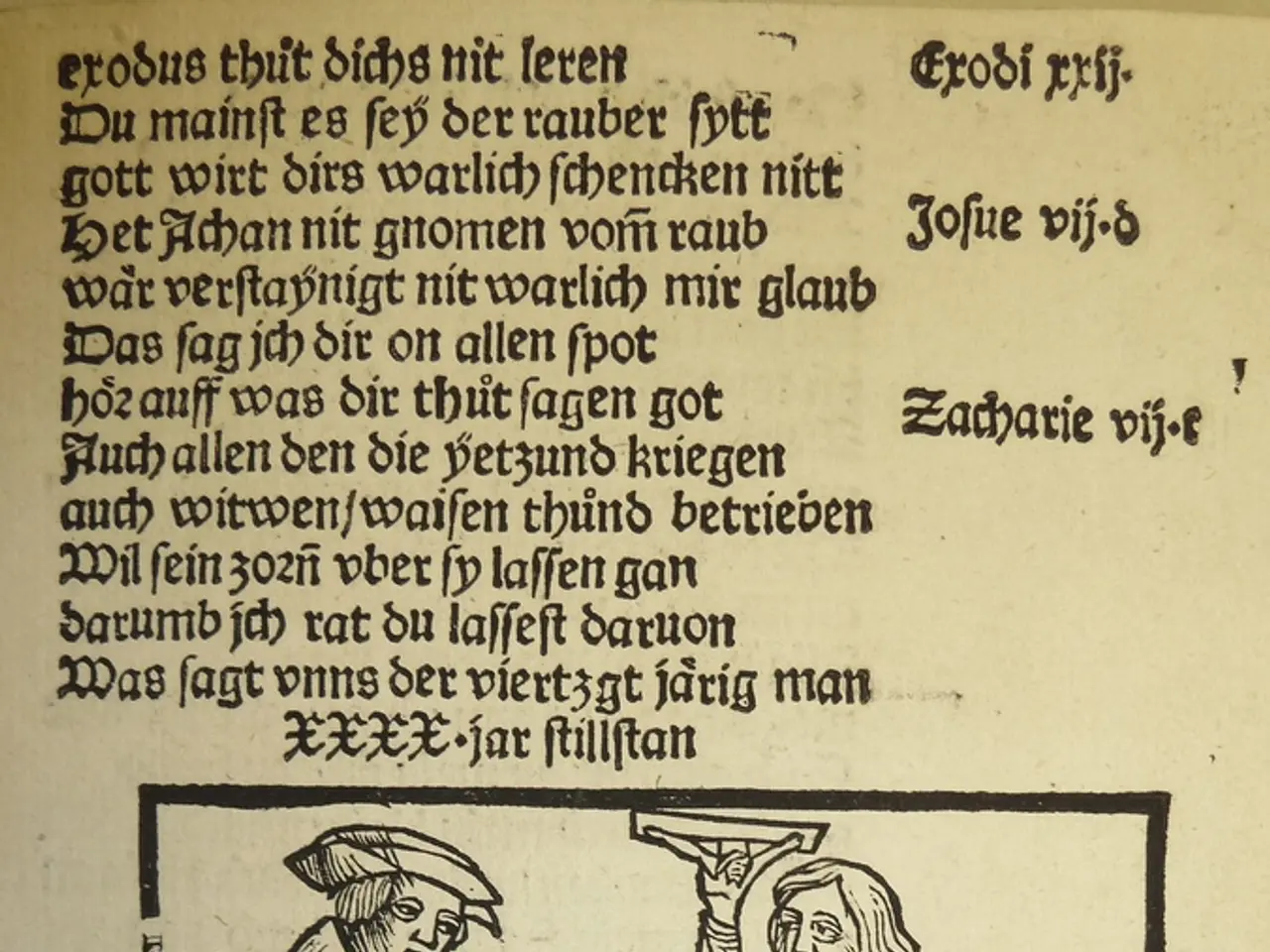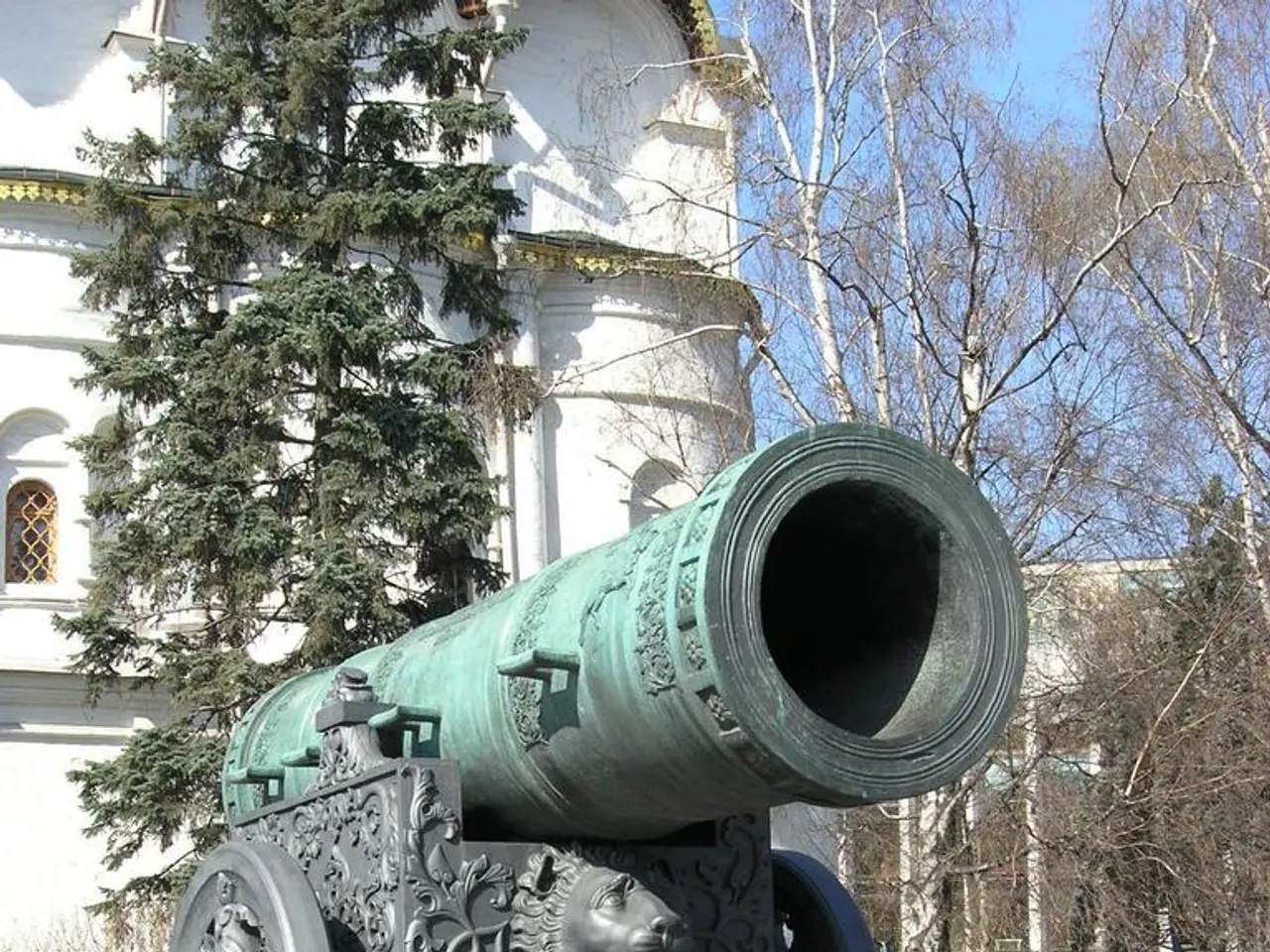Turkey's President Erdogan alleges Israel's misuse of Syria's Druze community, pledging to safeguard Syrian integrity
In a recent statement, Turkish President Recep Tayyip Erdogan accused Israel of using Syria's Druze population as a pretext for aggression. This comes amidst ongoing clashes between Bedouin Arab tribes and Druze armed groups in Sweida, Syria, which resulted in the deaths of dozens of soldiers.
Erdogan described Israel as a "lawless, rule-breaking, unprincipled, arrogant, spoiled, and bloodthirsty terrorist state," alleging that it has been using the Druze as an excuse to move its banditry into neighboring Syria for the past two days. He warned that those relying on Israel would "sooner or later realize they have made a major miscalculation."
Meanwhile, the foreign ministers of several countries, including Turkey, have reaffirmed their support for Syria's security, sovereignty, and unity. In a joint statement, they condemned repeated Israeli attacks and rejected all forms of foreign interference in Syria. The statement, published by the Saudi Foreign Ministry, also expressed support for efforts to restore government authority across Sweida and the rest of the country.
Turkey's policy, as stated by Erdogan, is to preserve Syria's territorial integrity, national unity, unitary structure, and multicultural identity. He emphasized the importance of Syria's stability, stating that a stable Syria will generate stability for neighboring countries.
In a separate development, the Israeli military launched airstrikes targeting Syrian security forces on July 13 and July 16, following a brief ceasefire. The strikes hit the Syrian presidential compound, the General Staff Headquarters, and the Defense Ministry in Damascus on July 16. Clashes also erupted in Daraa on the same day, even as a new ceasefire was reestablished in Sweida.
The ministers, in a joint statement, described the ceasefire as essential to preserving Syria's unity, protecting civilians, and upholding the rule of law and state sovereignty. They voiced their support for efforts to restore government authority across Sweida and the rest of the country.
For individuals whose residence permit application in Turkey is rejected, there are several possible actions to take. The Directorate General of Migration Management (DGMM) will provide a Notification Form specifying the grounds for refusal. Applicants have the right to appeal the rejection decision, initially through a verbal appeal with the relevant authorities. If this does not resolve the issue, the applicant should follow up with a written appeal. It is highly recommended to consult a qualified immigration or administrative lawyer who can assist in filing an appeal and effectively represent the applicant before the authorities or courts.
If the administrative appeal does not succeed, the applicant may escalate the case to the administrative courts. Usually, there is a deadline for appealing court decisions—for example, 30 days to appeal in a higher administrative court. If errors or deficiencies in the initial application can be corrected, submitting a new or amended application may be more effective than contesting the rejection through prolonged litigation. In cases where the rejection leads to deportation decisions, the foreigner or their legal representative may appeal to the administrative court within 15 days after the decision.
In summary, the steps following a residence permit rejection in Turkey primarily include understanding the rejection reason, pursuing verbal and written appeals, consulting legal experts, and if necessary, taking the matter to administrative courts. The chances of success depend substantially on correcting procedural errors and presenting a strong case before authorities or courts.
Turkey's president, Recep Tayyip Erdogan, criticized Israel for using Syria's Druze population as a pretext for aggression in a recent statement, alleging that Israel has been moving its banditry into neighboring Syria for the past two days. He described Israel as a "lawless, rule-breaking, unprincipled, arrogant, spoiled, and bloodthirsty terrorist state," and warned that those relying on Israel would "sooner or later realize they have made a major miscalculation."
Meanwhile, the foreign ministers of several countries, including Turkey, have reaffirmed their support for Syria's security, sovereignty, and unity. In a joint statement, they condemned repeated Israeli attacks and rejected all forms of foreign interference in Syria.
Turkey's policy, as stated by Erdogan, is to preserve Syria's territorial integrity, national unity, unitary structure, and multicultural identity. He emphasized the importance of Syria's stability, stating that a stable Syria will generate stability for neighboring countries.
In a separate development, the Israeli military launched airstrikes targeting Syrian security forces, hitting the Syrian presidential compound, the General Staff Headquarters, and the Defense Ministry in Damascus. The ministers, in a joint statement, described the ceasefire as essential to preserving Syria's unity, protecting civilians, and upholding the rule of law and state sovereignty.







